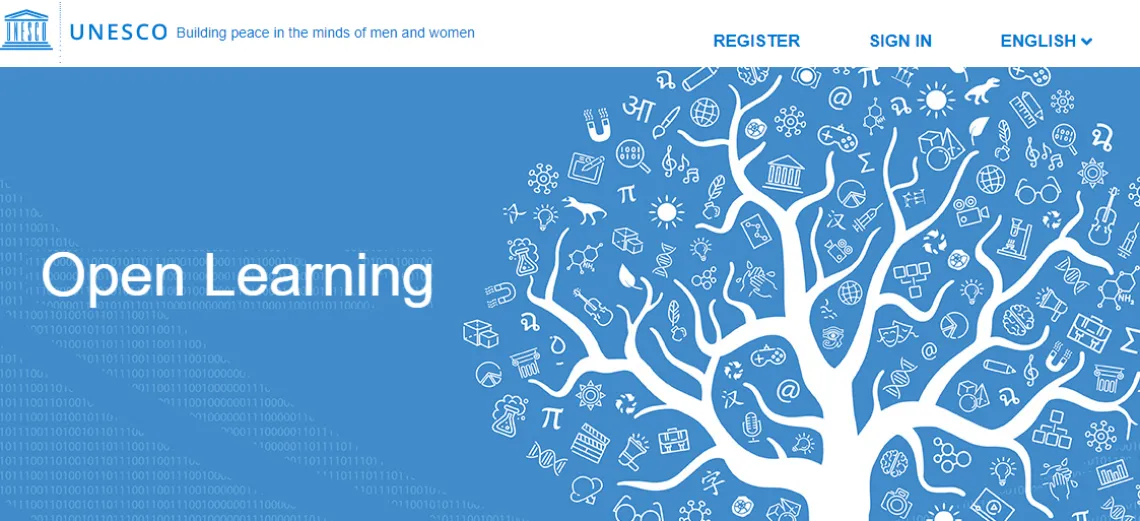G-WADI's Water Planning Methodology Sets the Pace as UNESCO's First Open Learning Course

As announced in UNESCO’s News stream, on 2nd November 2020, the UNESCO Regional Office for Southern Africa launched an online course on the G-WADI developed Climate Risk Informed Decision Analysis (CRIDA) methodology. It was the first course on any topic hosted on the recently developed UNESCO open learning platform. The targeted participants/students come from government officials from the ministries of water, local authorities, engineers, academia and elsewhere.
In this self-paced online course, the participants are being introduced to CRIDA, which is a collaborative, bottom-up approach to assist water managers, planners and decision-makers in adapting to an uncertain future, including climate variability and change, demographic and land-use changes, and other trends. UNESCO and the category 2 center ICIWaRM launched the methodology in 2018.
The course consists of 11 modules, each presenting the CRIDA approach through a set of video lectures and hands-on exercises, as well as a set of global CRIDA case studies. It ends in a capstone project where the participant is asked to develop his or her own CRIDA Case Study using all the knowledge and tools learned. After successfully completing the course assessments, participants will be awarded certificates of completion.
The online CRIDA course is organized as part of the project ‘Enhancing Climate Services for Improved Water Resources Management in Vulnerable Regions to Climate Change’ (CliMWaR), funded by the Flemish-UNESCO Science Trust Fund (FUST). Instructors come from UNESCO, ICIWaRM, Deltares and the Alliance for Global Water Adaptation (AGWA).
The course is self-paced, but must be completed by December 31, 2020. Registration is at https://openlearning.unesco.org.
